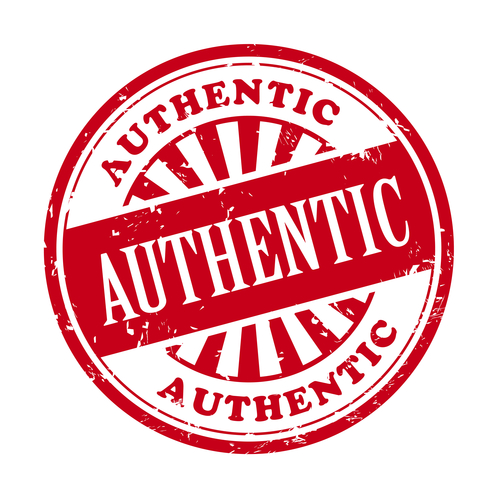
Empowering and developing others: Trusting your team to foster a culture of ownership and accountability” is a powerful mantra for leadership in any organisation. It reflects a belief in the potential of individuals within the team and the importance of cultivating an environment where they feel empowered to take ownership of their work and hold themselves accountable for their actions.
At its core, this approach acknowledges that effective leadership isn’t just about directing others but about enabling them to grow and thrive. It involves trusting team members to make decisions and take initiative, knowing that they have the skills and capabilities to contribute meaningfully to the organisation’s collective goals.
By empowering and developing others in this way, leaders can create a more engaged and motivated team, where individuals feel valued and invested in the organization’s mission. This not only leads to better performance and results but also cultivates a sense of pride and fulfilment among team members, ultimately contributing to a positive and sustainable organisational culture.
Fostering a culture of ownership and accountability requires some work from you as a leader; however, the benefits are worth it! Here are seven actionable strategies to implement to foster this culture within your workplace:
1. Establish Trust and Psychological Safety
Trust is the foundation of any successful team. Foster an environment where team members feel safe expressing themselves, taking risks, and learning from failures without fear of judgment.
2. Communicate Clear Expectations
Effective communication is the cornerstone of any successful endeavour. Clearly outline your expectations for each team member, including their responsibilities, goals, and standards of performance. When everyone knows what is expected of them, they are better equipped to take ownership of their tasks and deliver results.
3. Delegate Authority
Trust your team members with autonomy and decision-making power. Delegate tasks and empower them to find solutions independently. By giving them the freedom to exercise their judgment, you not only lighten your own load but also demonstrate your confidence in their abilities.
4. Provide Resources and Support
To ensure your team has everything they need for authority, equip your team with the tools, training, and resources they need to excel in their roles. Whether it’s access to technology, professional development opportunities, or mentorship programs, investing in your team’s growth demonstrates your commitment to their success.
5. Foster Collaboration and Teamwork
Encourage a collaborative environment where team members feel comfortable sharing ideas, seeking feedback, and working together towards common goals. By fostering a sense of camaraderie and mutual support, you can harness the collective intelligence of your team and achieve greater outcomes.
6. Offer Constructive Feedback
Feedback is essential for growth and improvement. Provide regular, constructive feedback to your team members, highlighting their strengths and areas for development. Create a culture where feedback is seen as a valuable tool for learning rather than criticism.
7. Recognise and Celebrate Achievements
Celebrate the successes and milestones achieved by individuals and the team as a whole. Recognise their efforts and contributions, whether big or small, and express appreciation for their dedication. Celebrating achievements reinforces a culture of positivity and motivates team members to continue striving for excellence.
8. Lead by Example
As a leader, your actions speak louder than words. Demonstrate the values of ownership and accountability in your own behaviour. Hold yourself to the same standards that you expect from your team members and be willing to take responsibility for your actions.
Empowering and developing others is not just a leadership strategy; it’s a mindset that fosters a culture of ownership and accountability within an organisation. By communicating clear expectations, delegating authority, providing support, fostering collaboration, offering feedback, recognising achievements, and leading by example, you can create a psychologically safe environment where every team member feels valued, engaged, and motivated to contribute their best. In doing so, you lay the foundation for long-term success, a high-performing team and cultivate a thriving organisational culture.




